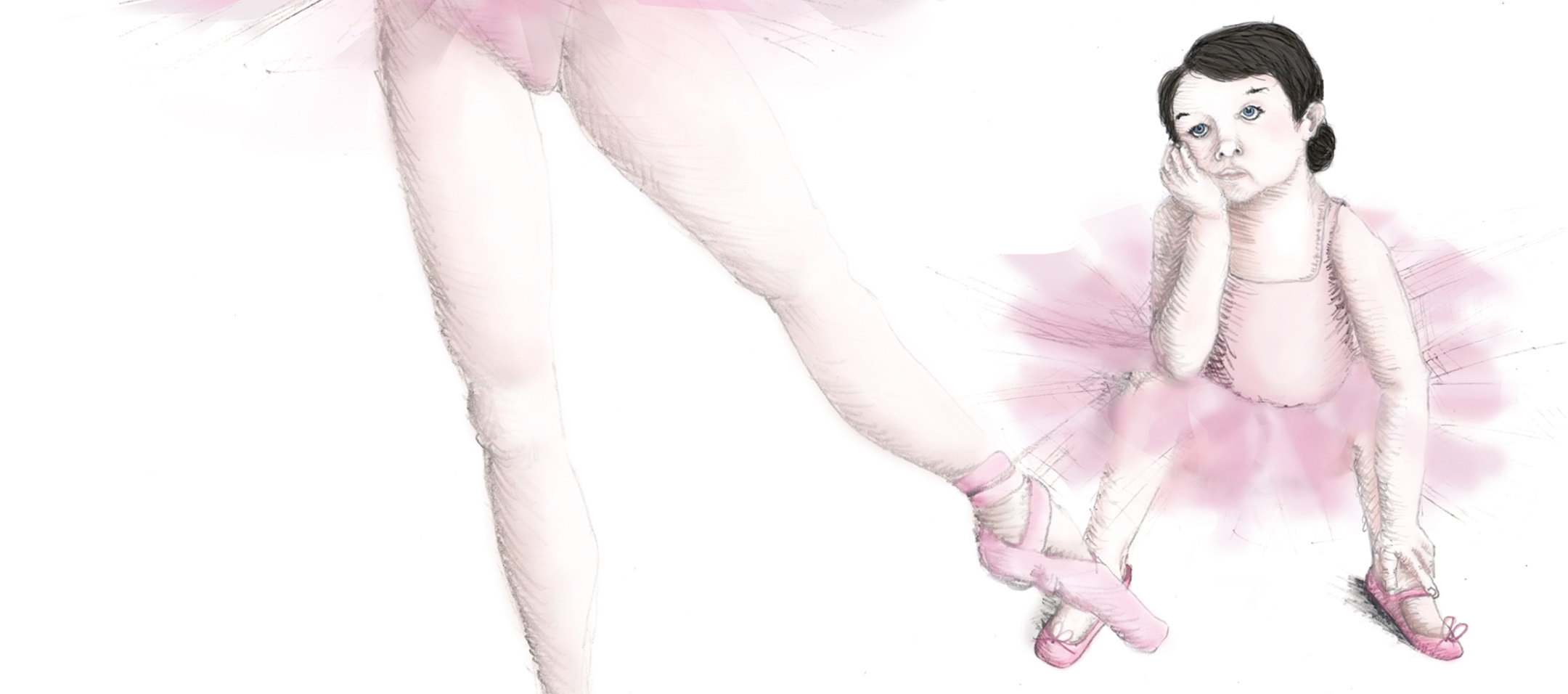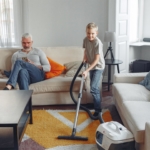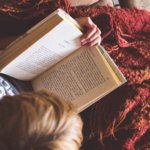
03 Feb Too Little Or Too Much?
Philippa Macken writes that while it’s important to provide ample downtime for our kids, we shouldn’t overlook the benefits of extracurricular activities in raising well-rounded, happy children.
Mum might be an ex-prima ballerina, but it’s no good insisting on ballet lessons for her daughter if the thought of performing on stage makes her child miserable.
This week I’m on a mission to arrange an after-school playdate for my eight-year-old daughter Leila and her friend Ivy. No big deal, you might say. But Leila has ballet on Mondays, piano on Tuesdays and tap on Fridays. Ivy goes horse riding on Wednesdays, has gymnastics on Thursdays and swimming on Fridays. They both play sport on Saturday mornings, and we like to keep our Sundays free.
After-school activities can be critical to some children’s development
Striking a balance between children’s organised activities and free play is a tough call. Many parents would say my child is too busy for her own good, but there’s danger in applying a blanket theory to all children. While it’s important to provide ample downtime for our kids, we shouldn’t overlook the benefits of extracurricular activities in raising a well-rounded, happy child.
I feel strongly about giving my daughter opportunities to uncover new talents and experience team sports. Does she feel overwhelmed by her after-school activities? I ran the idea of ‘more free time’ past Leila. “How would you feel if we stopped dancing, piano and netball and spent more time at home playing?” I asked. “But I love netball! And I want to be in the ballet concert,” she said. I pushed the issue further. “But it would give you more free time to play at home.” Leila paused to think this over. “OK, we can stop everything except ballet, tap and netball.” Since music is compulsory, the negotiations ended there, and Leila’s schedule remained intact.
While after-school activities can be beneficial for many children, for some they can be absolutely essential. Yet many parents feel they are being judged for providing what they believe to be a well-rounded life for their child.
Clinical psychologist Heather Irvine-Rundle believes after-school activities can be critical to some children’s development. “There are some children who need the balance of extracurricular activities to give them the self-esteem boost they may not be getting at school,” she says. “For a child who struggles with reading, spelling and maths, there is nothing more demoralising than going home after school and being stuck doing even more work in these areas. I ask mothers who are not sporty types how they’d feel about doing sport all day and then having to go home and do even more, simply because they weren’t any good at it.”
Irvine-Rundle believes energetic kids also greatly benefit from activities that combine self-control and physical exercise, such as karate. “Likewise, imaginative kids can fully explore their creative dimensions through art and drama,” she says. “Let’s remember that schools really aren’t set up to meet a child’s every need, and nor are parents able to provide all these fabulous skills and experiences. We can draw on many people’s skills to help our kids learn amazing things, as long as the emphasis is on encouragement and fun – with the odd bit of competition thrown in for those kids who enjoy it.”
There’s an enormous responsibility that comes with designing our children’s lives, including selecting their extracurricular activities. Many kids are too young to decide which activity they might best enjoy, so parents face a world of choices.
Music stimulates them emotionally and intellectually
Irvine-Rundle offers a systematic approach to the dilemma. “It’s a good idea to be varied in selecting activities,” she says. “Perhaps one sporting activity and one creative, such as music or art. Prior to signing up, ask your child to commit to a set amount of time before they’re allowed to drop out – the older the child, the longer the trial period.” As for a child who |reneges on an agreed activity, “If they won’t participate during the trial period, continue to show up to the arranged activity, even if it means just sitting on the sidelines,” says Irvine-Rundle. “This shows you are serious when it comes to teaching a lesson about what it means to commit.”
Grandmother of three Merce Zardain agrees dedication to an activity is a great way to develop a sense of responsibility in a child. “My grandchildren participate in several hobbies each, including dance, horse riding and music,” she says. “Dancing is open to negotiation, but we take music and horse riding very seriously. Music stimulates them emotionally and intellectually, while horse riding involves a living creature requiring regular attention and care.” Zardain ensures they also have adequate downtime. “My grandchildren are all big readers – it’s their way of relaxing,” she says. “They spend ample time at home playing games, reading, and let’s face it, quarrelling!”
Cath Paholski, a mother of two boys at primary school, lets her sons choose two activities aside from swimming, which is compulsory.
“I know they don’t get a lot of free choice at school, so I let them decide how they spend their spare time at home,” she says. “One son requires lots of ‘head space’ and imaginative play, while the other can’t stop moving. They are very different children, and I always keep this in mind when I am scheduling hobbies that will suit them.”
Sensory input is fuel for the brain
Meanwhile, occupational therapist Coralie Clifford says physical activity is essential in developing foundations for learning. “Considering the brain is locked away in a hard bony shell, you’d be excused for wondering how it achieves the amazing feats of the well-organised adult,” she says. “In fact, it’s the constant sensory information from our arms, legs, eyes and ears that feeds the brain and brings the world to life. This sensory input is fuel for the brain.”
In her work, Clifford uses activities such as jumping, climbing, gymnastics and martial arts to support children’s learning and behaviour. “There’s no doubt many children are spending much of their leisure time on sedentary interests such as computer games,” she says. “This needs to be balanced with physical activities to stimulate sensory neurons that support brain processing and enhance learning and organisational skills.”
Irvine-Rundle says we need to keep the focus on our children. Mum might be an ex-prima ballerina, but it’s no good insisting on ballet lessons for her daughter if the thought of performing on stage makes her child miserable. “If parents get overexcited about the activities, their children will soon get the idea Mum or Dad is more interested in the activity than they are,” she says. “Inevitably, the child will be unable to match their parent’s enthusiasm and will want to drop out.” She says the opposite also holds true.
“Kids take their cues from parents. If you have no interests or passions, it’s likely your kids won’t either. We also need to show them we are comfortable simply being with ourselves – turning off the TV and showing we can have fun with cardboard and crayons.”
So what to do about Leila’s play date with Ivy? In the spirit of relaxed parenting, Leila will be ‘wagging’ ballet this week and spending time with her friend instead.
Illustration by Natasja van Vlimmeren
First published in CHILD




